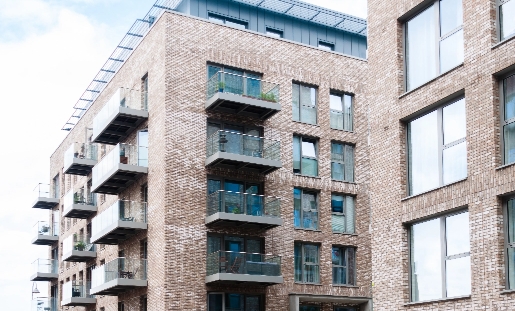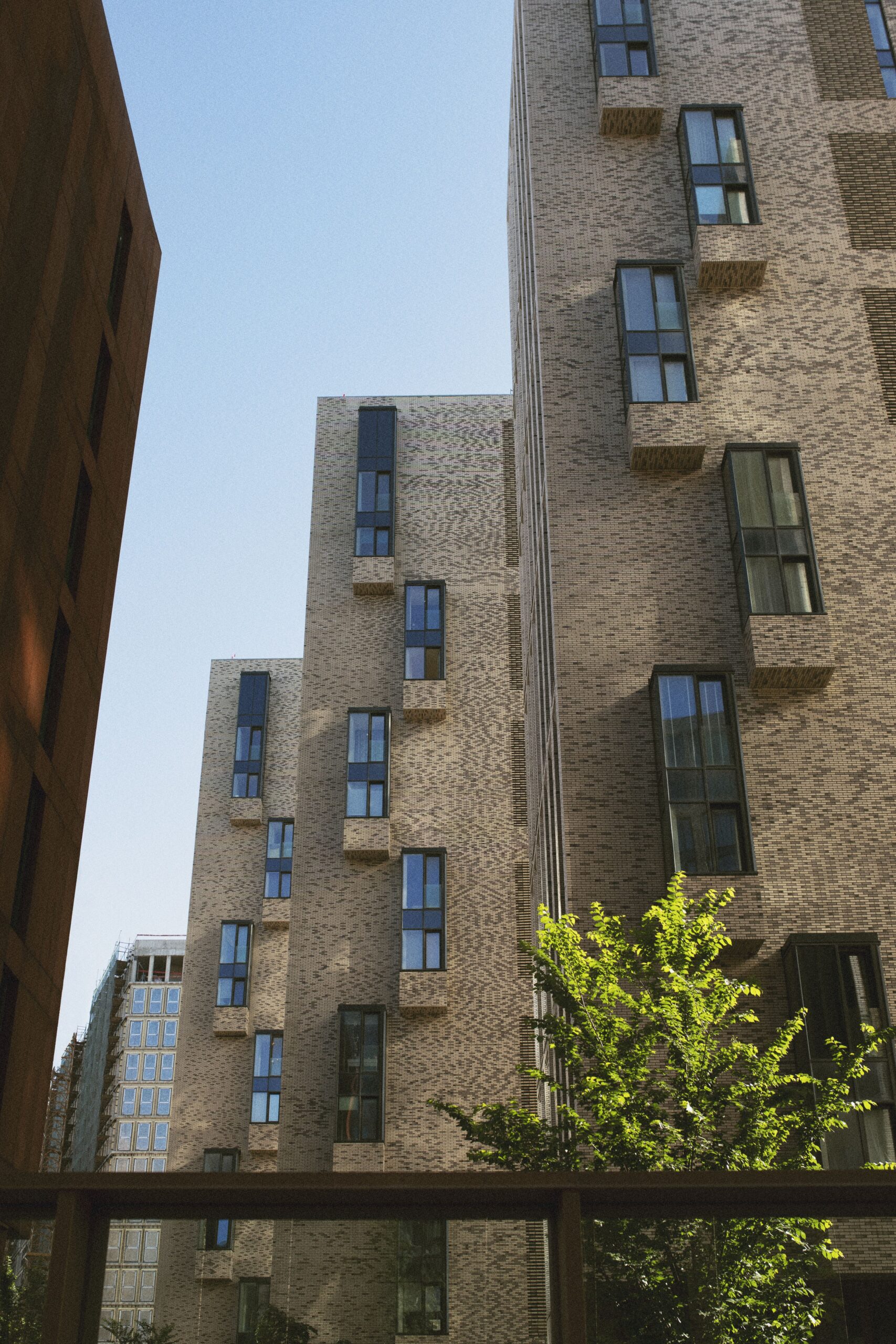Diamond Property Finance specialises in securing bespoke buy-to-let mortgages in the UK, providing tailored funding solutions for professional landlords and property investors with complex requirements. Investing in a buy-to-let property can be a rewarding way to generate rental income and build long-term wealth. Whether you’re a seasoned landlord or exploring buy-to-let opportunities for the first time, Diamond Property Finance is here to help you find the best mortgage deal tailored to your investment goals.
With access to a wide range of lenders, expert advice, and personalised service, we make securing a buy-to-let mortgage a seamless experience. Contact us today to explore your options and maximise your property investment.


What is a Buy-to-Let Mortgage?
A buy-to-let mortgage is specifically designed for individuals looking to purchase a property as an investment, to rent it out rather than live in it. Unlike standard residential mortgages, buy-to-let mortgages take into account the potential rental income that the property will generate, making it a popular option for landlords and property investors.
With a buy-to-let mortgage, you can benefit from both rental income and long-term property appreciation, making it a sound investment strategy. It’s important to note that buy-to-let mortgages generally require a larger deposit, and interest rates may be higher than those for residential mortgages.
How Does a Buy-to-Let Mortgage Work?


Common Questions About Buy-to-Let Mortgages
What is a buy-to-let mortgage?
How does a buy-to-let mortgage work?
How to get a buy-to-let mortgage?
To secure a buy-to-let mortgage:
– Eligibility: Lenders often have specific criteria; ensure you meet them.
– Deposit: Be prepared for a higher deposit, typically around 25% of the property’s value.
– Rental Income: Lenders assess the property’s rental potential to ensure it covers mortgage payments.
– Credit History: A good credit score enhances your chances of approval.
– Affordability: Lenders may consider your income and other financial commitments.
How much deposit do you need for a buy-to-let mortgage?
The deposit required for a buy-to-let mortgage in the UK typically ranges from 20% to 40% of the property’s value, with most lenders requiring at least 25%. The specific percentage within this range can be influenced by factors such as the lender’s policies, the borrower’s credit history, and the type of rental property being purchased. While some lenders may offer buy-to-let mortgages with a 15% deposit, these are less common and might come with higher interest rates
What do you need for a buy-to-let mortgage?
To secure a buy-to-let mortgage, you typically need:
1. Deposit: A substantial amount, often around 25% of the property’s value.
2. Solid Credit History: A good credit score enhances your eligibility.
3. Proof of Rental Income: Lenders assess the property’s potential to generate rental income.
4. Eligibility Criteria: Ensure you meet the specific requirements set by lenders.
Do I need a salary for a buy-to-let mortgage?
How much deposit do I need?
Typically, you’ll need at least a 25% deposit, though some lenders may require more.
Can I get a buy-to-let mortgage as a first-time buyer?
Yes, although you may face stricter criteria and higher interest rates.
What happens if I can’t find tenants?
It’s important to plan for periods when your property might be vacant. Having a contingency fund can help cover mortgage repayments during these times.
Can I switch from a residential mortgage to a buy-to-let?
Yes, you can remortgage your property and switch to a buy-to-let mortgage, subject to lender approval.
What are the tax implications of buy-to-let properties?
You’ll need to pay income tax on rental income and Capital Gains Tax (CGT) if you sell the property at a profit. Mortgage interest tax relief has been reduced in recent years.
Do I need landlord insurance?
While not mandatory, landlord insurance is highly recommended to protect your investment.
Can I remortgage my buy-to-let property?
Yes, remortgaging can help you release equity or secure a better deal.
